For the 2020 Adrian Awards program, HSMAI introduced four new focus categories to recognize the resilience that the industry demonstrated in response to COVID: corporate social responsibility, crisis communications and management, recovery strategies, and talent and leadership development. In Hospitality Successes During the Pandemic Year, a new HSMAI Special Report, we profile all of the Best Practice Gold winners in these four categories — including Wyndham Hotels & Resorts, which was honored for crisis communications and management. Details will be available shortly on the 2021 Adrian Awards competition.
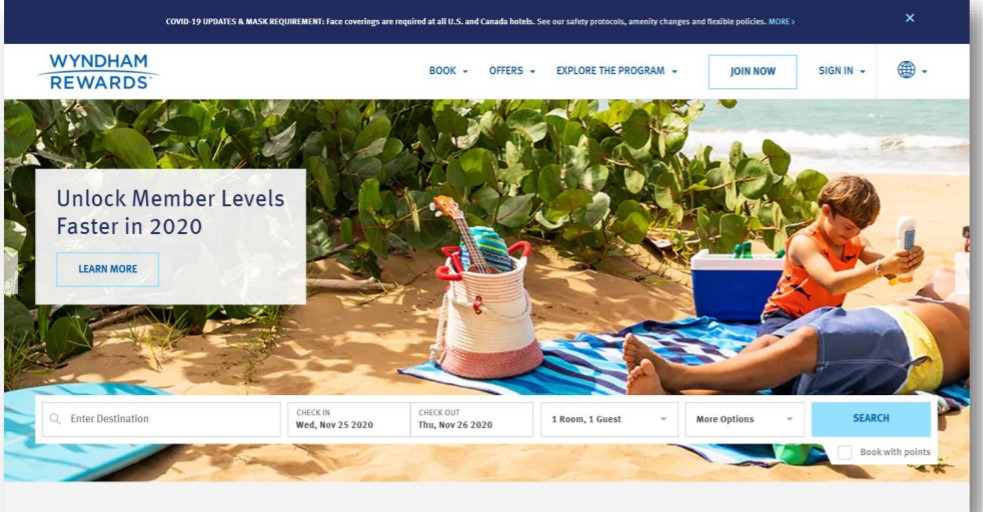 BACKGROUND: In 2020, it was critical to ensure that Wyndham Rewards members felt peace of mind when it came to their points and status. To that end, Wyndham launched “Unlock Member Levels Faster,” a campaign that paused the expiration of Wyndham Rewards points for all members globally through the end of 2020, extended current member levels earned in 2019 through the end of 2021, relaxed earning requirements to allow members to gain status with fewer nights stayed, and relaxed cancellation policies. Wyndham also offered essential workers and first responders an instant complimentary gold membership in Wyndham Rewards and a 15-percent discount at participating hotels through the #EverydayHeroes initiative.
BACKGROUND: In 2020, it was critical to ensure that Wyndham Rewards members felt peace of mind when it came to their points and status. To that end, Wyndham launched “Unlock Member Levels Faster,” a campaign that paused the expiration of Wyndham Rewards points for all members globally through the end of 2020, extended current member levels earned in 2019 through the end of 2021, relaxed earning requirements to allow members to gain status with fewer nights stayed, and relaxed cancellation policies. Wyndham also offered essential workers and first responders an instant complimentary gold membership in Wyndham Rewards and a 15-percent discount at participating hotels through the #EverydayHeroes initiative.
RESULTS: Through “Unlock Member Levels Faster,” Wyndham increased the number of members in all status levels; month over month, there was a 20-percent increase in members achieving the next level. Through #EverydayHeroes, 40 percent of those who signed up were new members, making this campaign successful in both enrolling new members and activating existing members.
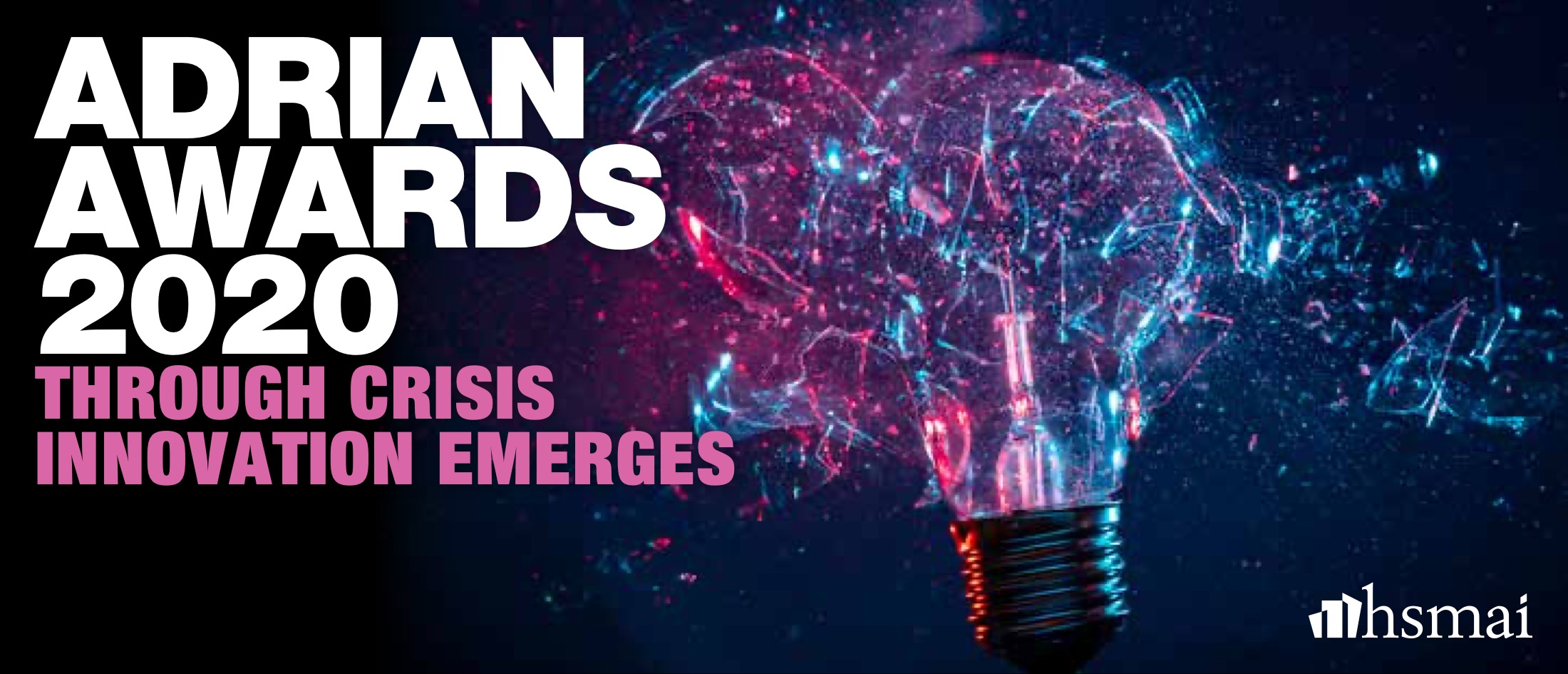
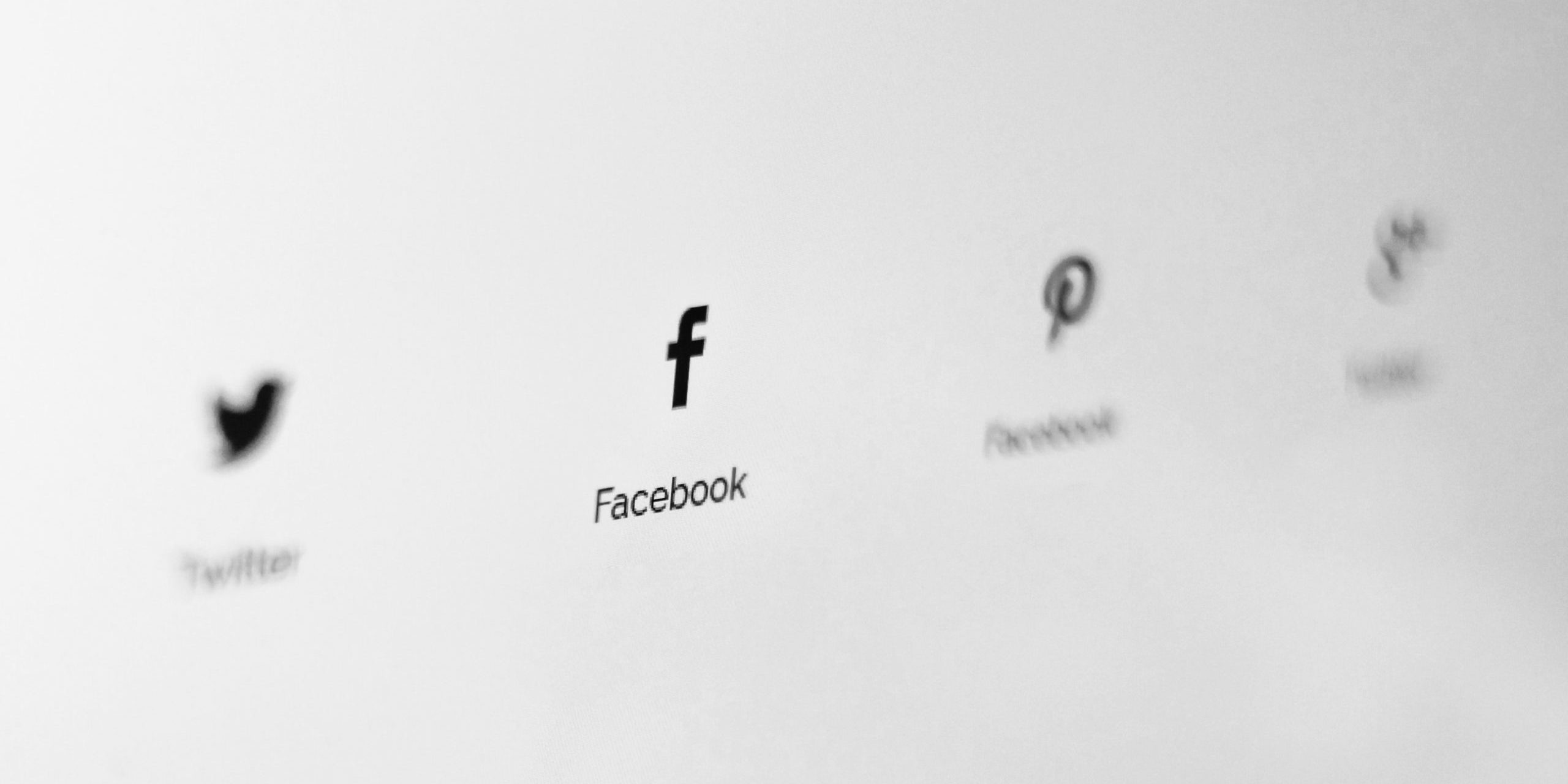

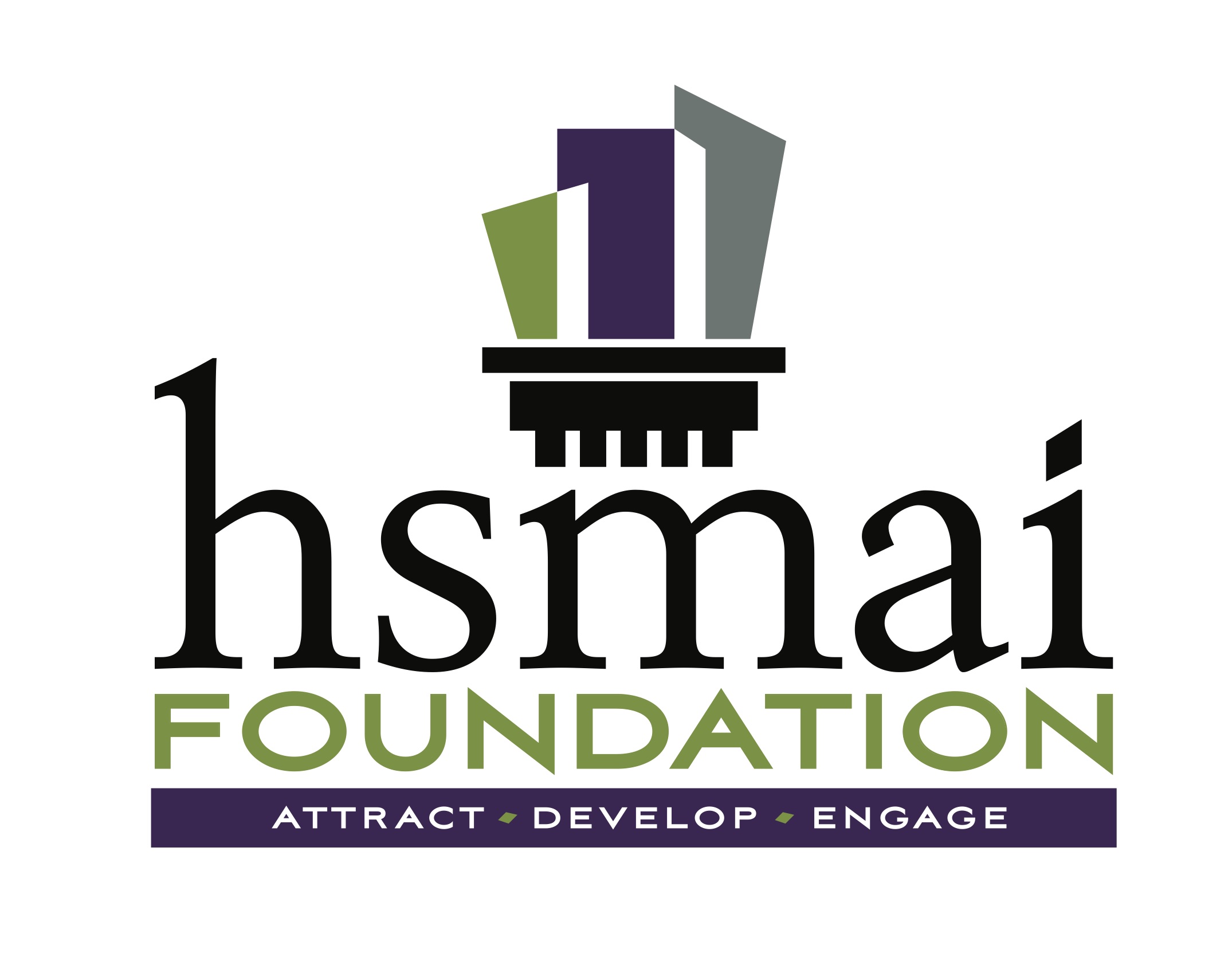 The HSMAI Foundation and HSMAI Middle East hosted a virtual Executive Roundtable on Oct. 21 for hotel chief human resources officers in the region to discuss best practices they have developed after nearly eight months in the world of COVID-19. J. Bruce Tracey, Ph.D., editor of Cornell Hospitality Quarterly, professor of management at Cornell University’s School of Hotel Administration, and member of the HSMAI Foundation Board of Trustees, facilitated the discussion. HSMAI Americas hosted previous CHRO roundtables on
The HSMAI Foundation and HSMAI Middle East hosted a virtual Executive Roundtable on Oct. 21 for hotel chief human resources officers in the region to discuss best practices they have developed after nearly eight months in the world of COVID-19. J. Bruce Tracey, Ph.D., editor of Cornell Hospitality Quarterly, professor of management at Cornell University’s School of Hotel Administration, and member of the HSMAI Foundation Board of Trustees, facilitated the discussion. HSMAI Americas hosted previous CHRO roundtables on 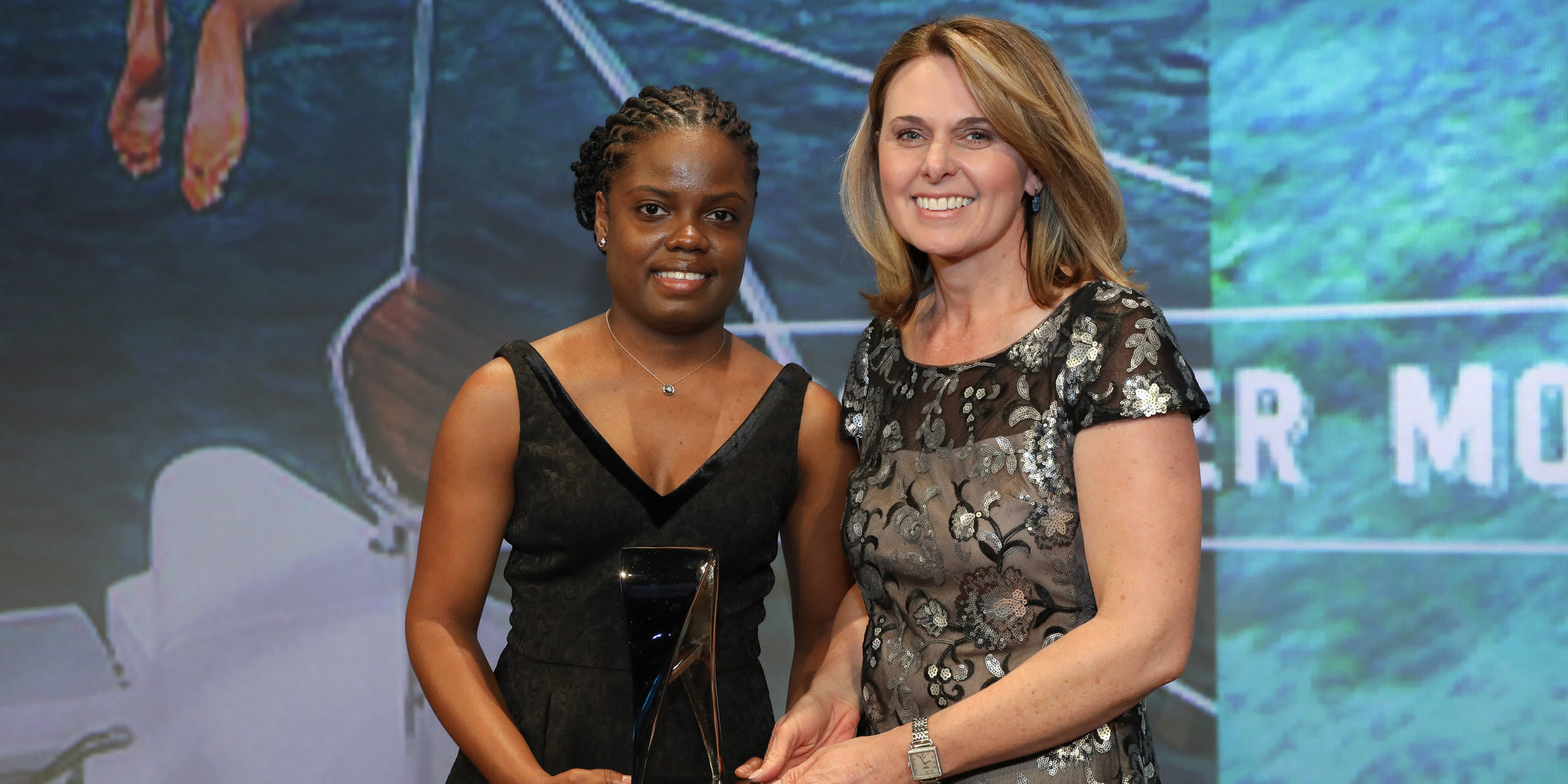
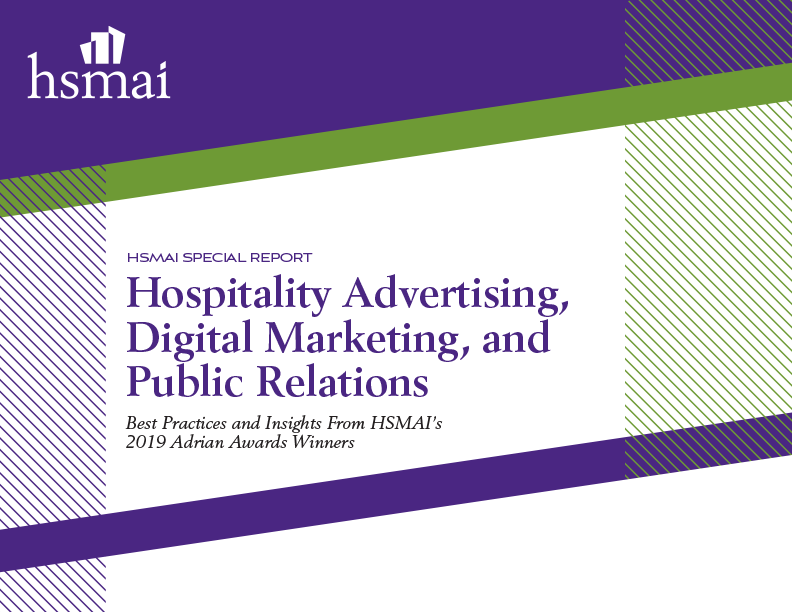


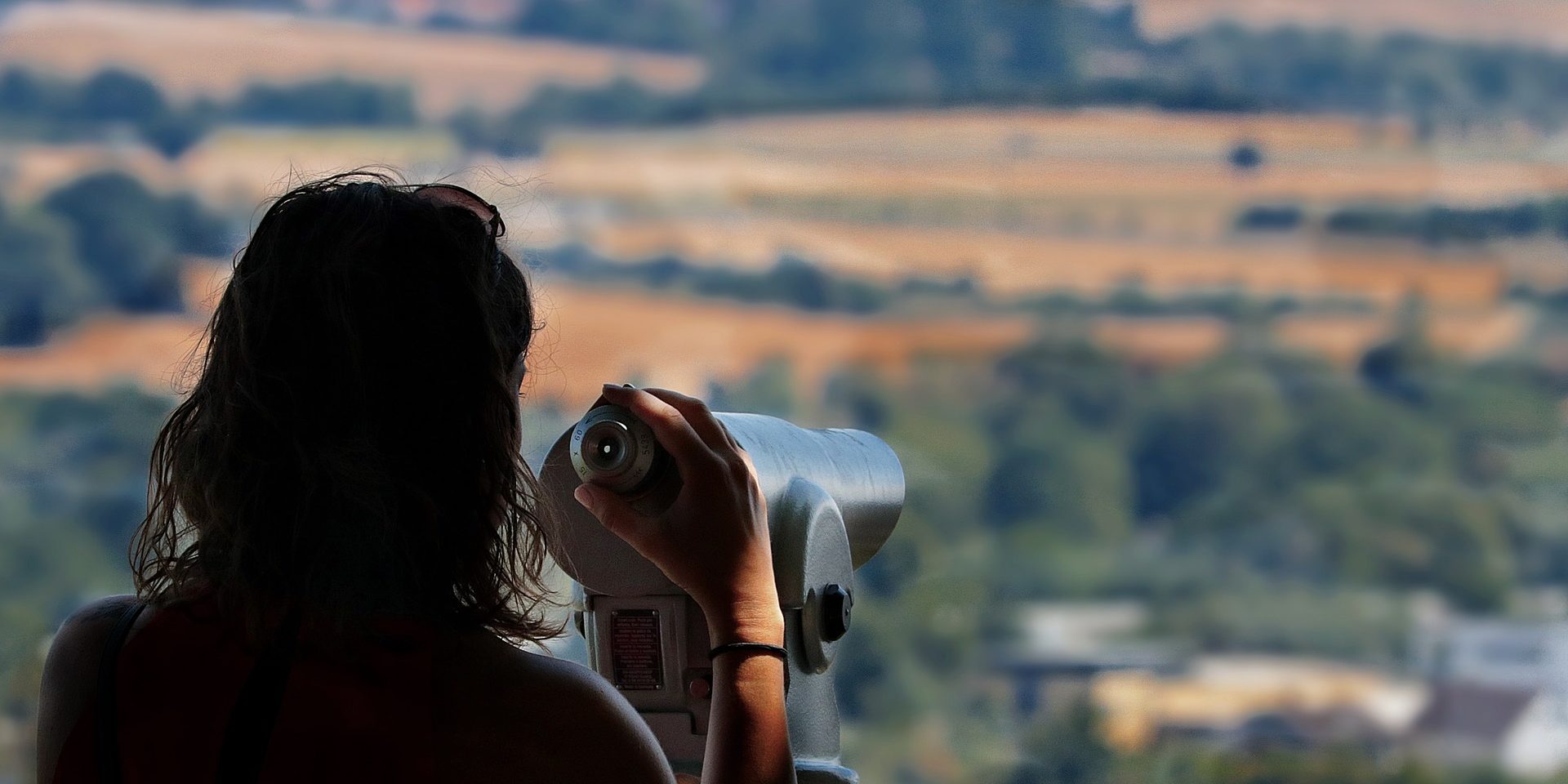
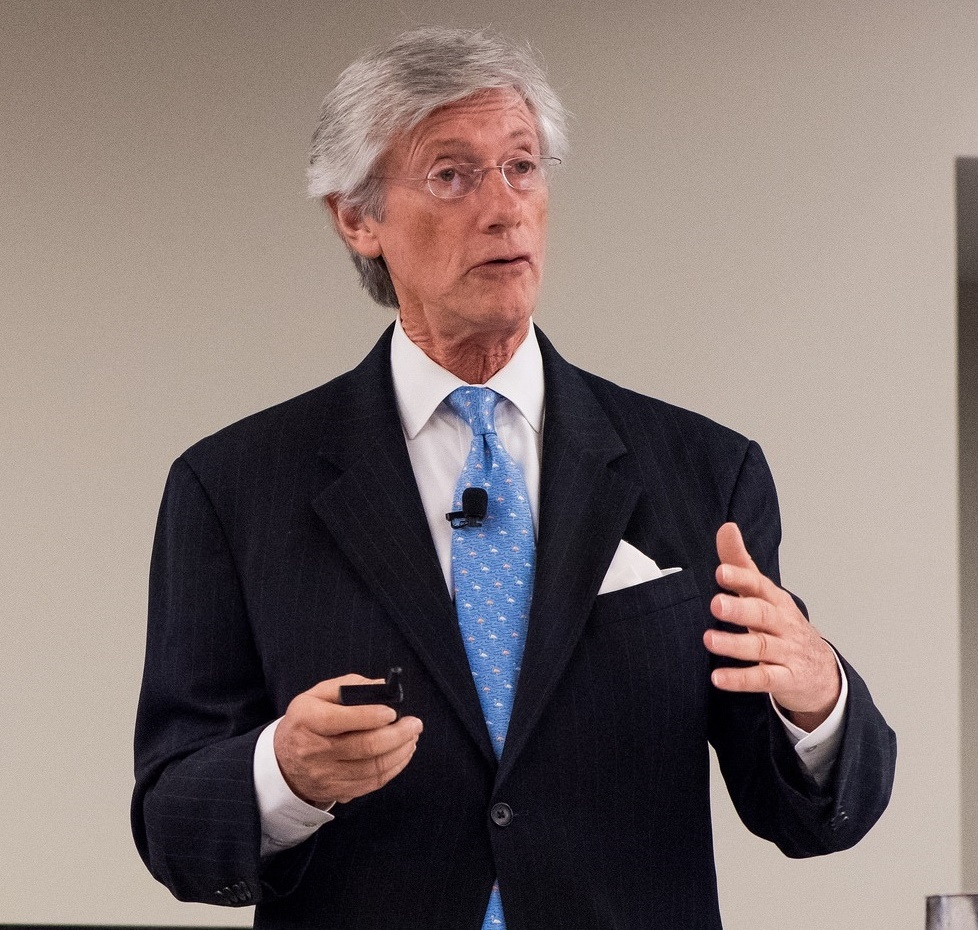
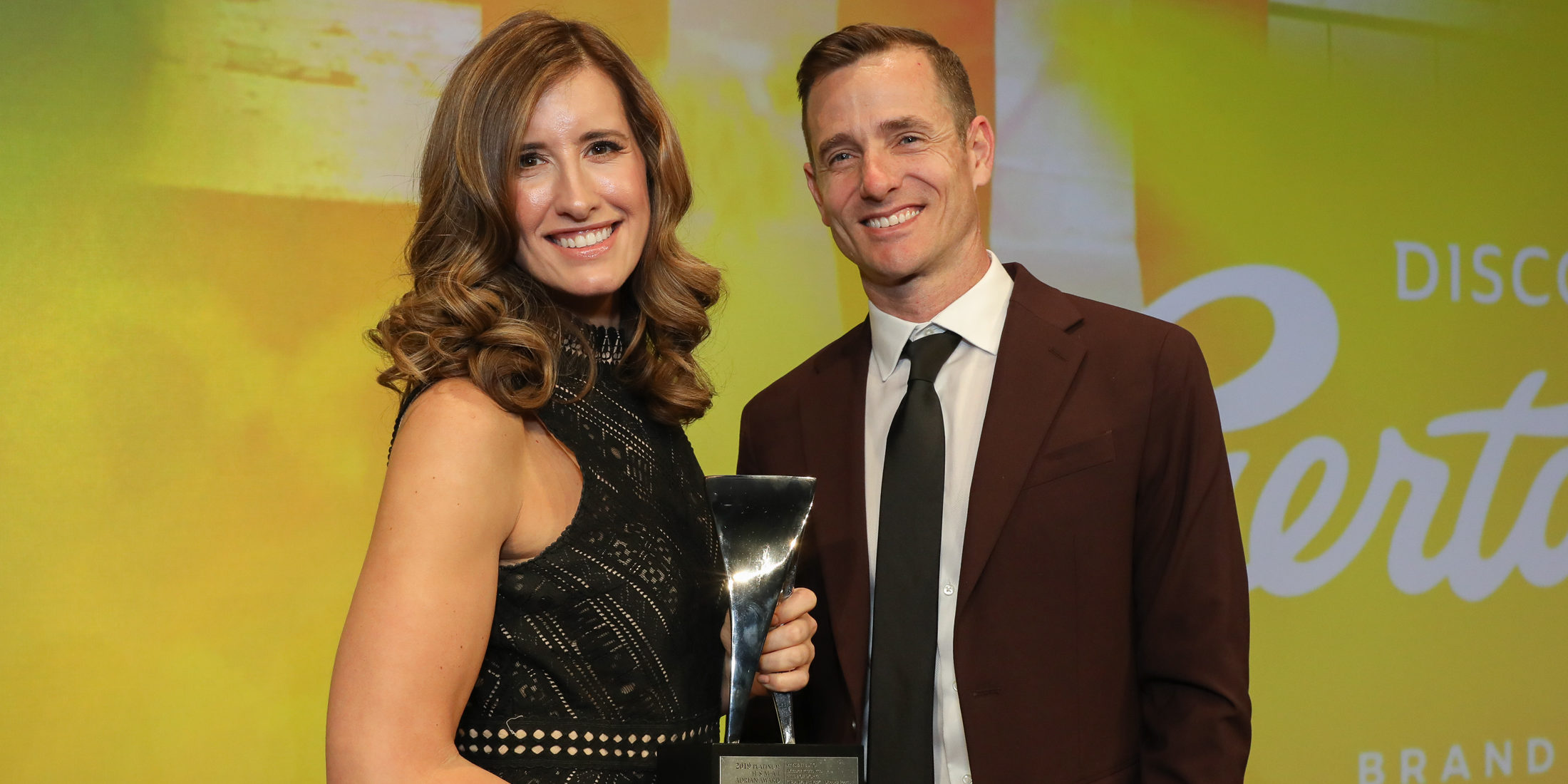
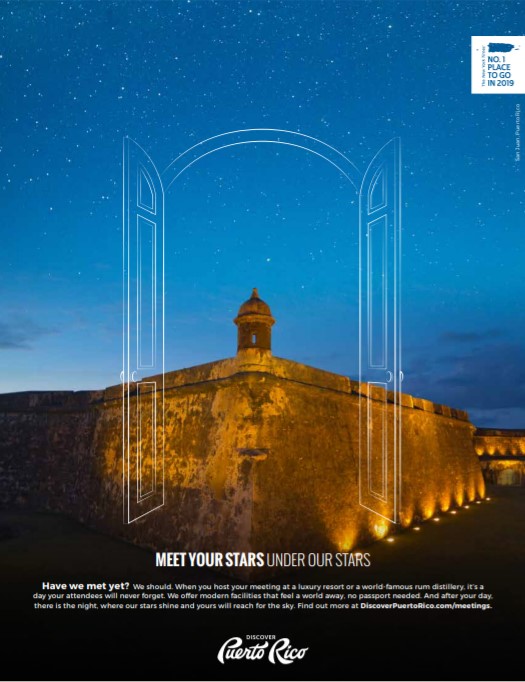 CAMPAIGN: After conducting more than 4,100 consumer interviews in U.S. and international markets to determine its competitive position, key messaging, and target audience, Discover Puerto Rico created “Have We Met Yet?” to serve as a warm greeting and invitation that doubled as an introduction — or reintroduction — to Puerto Rico. The campaign aimed to separate the destination from its Caribbean competitors by highlight the depth and passion of Puerto Rican arts and culture, gastronomy, and natural attractions.
CAMPAIGN: After conducting more than 4,100 consumer interviews in U.S. and international markets to determine its competitive position, key messaging, and target audience, Discover Puerto Rico created “Have We Met Yet?” to serve as a warm greeting and invitation that doubled as an introduction — or reintroduction — to Puerto Rico. The campaign aimed to separate the destination from its Caribbean competitors by highlight the depth and passion of Puerto Rican arts and culture, gastronomy, and natural attractions.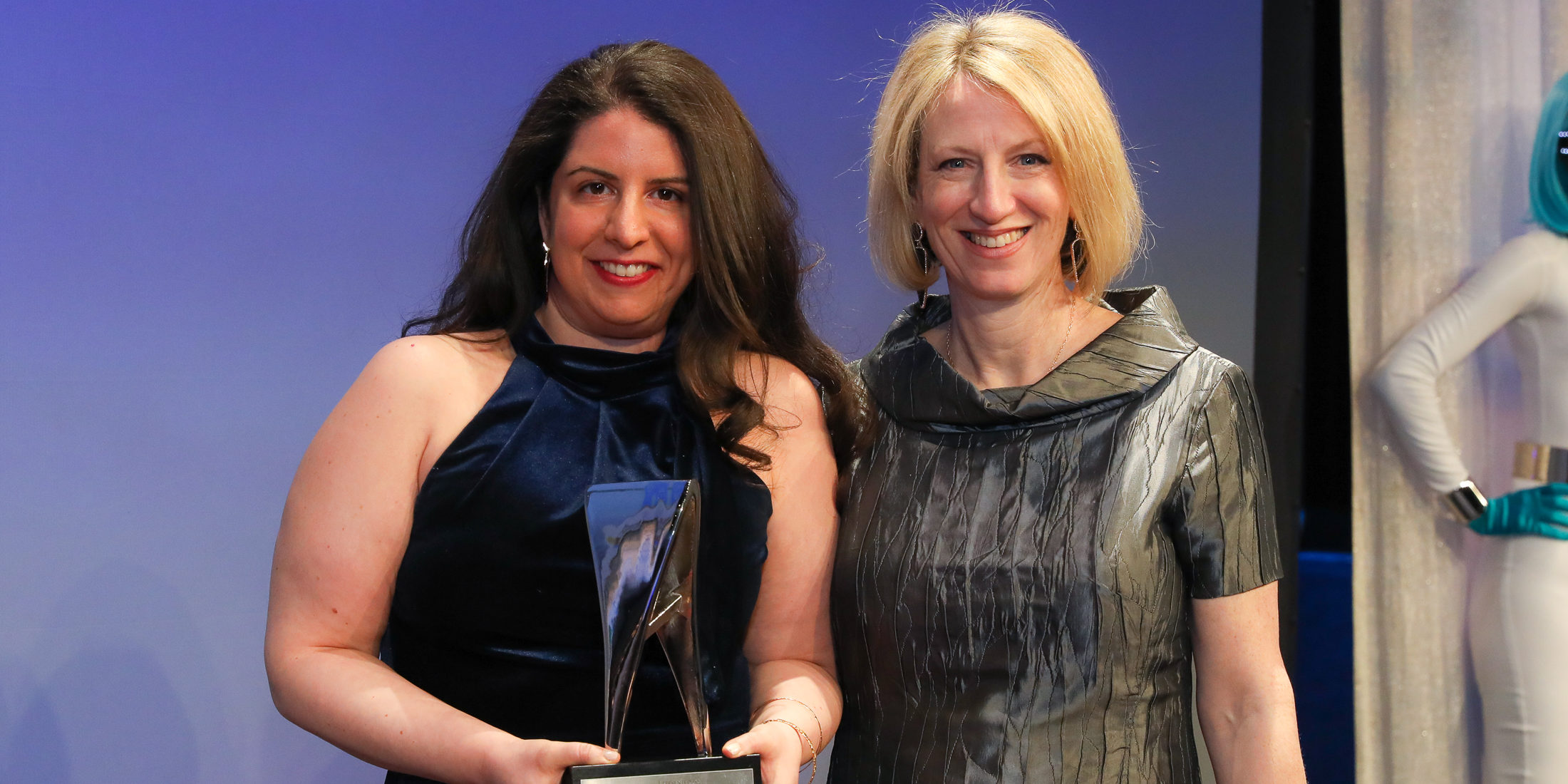
 CAMPAIGN: Contiki’s campaign used the slogan #VoteWithNoRegrets as its focal point, encouraging young people to vote with the same enthusiasm with which they travel. The brand offered a chance for a free trip to destinations such as Cambodia, Portugal, and New Zealand in exchange for posting an “I Voted” selfie and following/tagging Contiki on Instagram. Contiki’s strategy relied on the company’s prior research on young travelers as well as amplification from media coverage of the 2018 midterm elections.
CAMPAIGN: Contiki’s campaign used the slogan #VoteWithNoRegrets as its focal point, encouraging young people to vote with the same enthusiasm with which they travel. The brand offered a chance for a free trip to destinations such as Cambodia, Portugal, and New Zealand in exchange for posting an “I Voted” selfie and following/tagging Contiki on Instagram. Contiki’s strategy relied on the company’s prior research on young travelers as well as amplification from media coverage of the 2018 midterm elections.
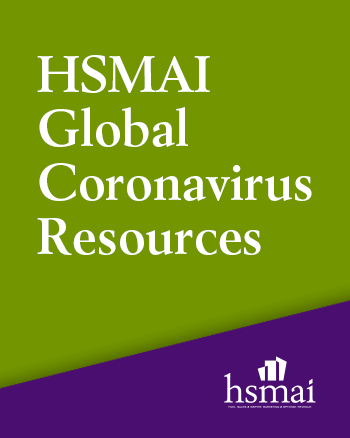 HSMAI hosted the final event in a series of three Hotel Management Company Sales & Marketing Virtual Executive Roundtables on June 11 that focused on the impact that COVID-19 is having on sales and marketing at HMCs. Roundtable participants discussed their biggest concerns as hotels are beginning to reopen and shared the best practices they have learned along the way. Here are key takeaways from the discussion:
HSMAI hosted the final event in a series of three Hotel Management Company Sales & Marketing Virtual Executive Roundtables on June 11 that focused on the impact that COVID-19 is having on sales and marketing at HMCs. Roundtable participants discussed their biggest concerns as hotels are beginning to reopen and shared the best practices they have learned along the way. Here are key takeaways from the discussion: